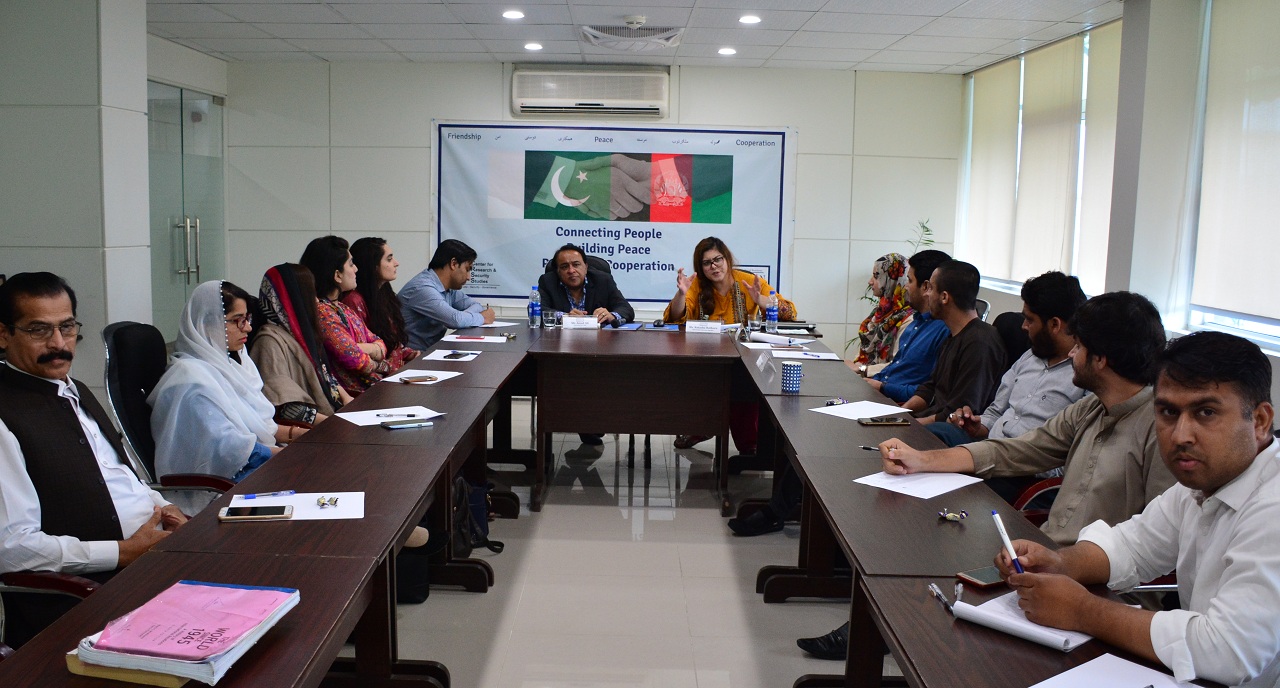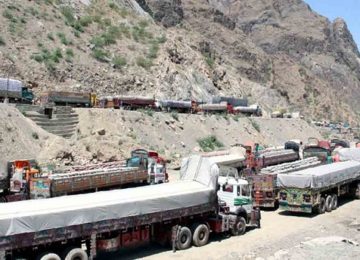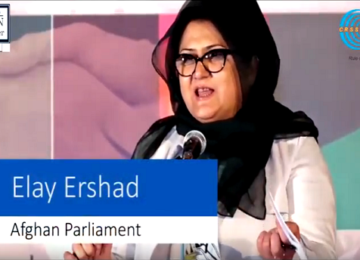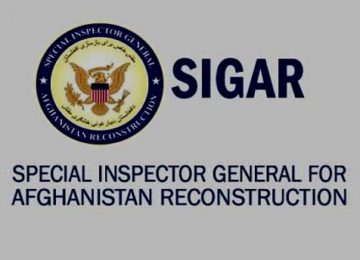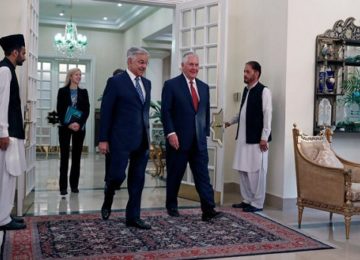April 26, 2019.
Women around the world are still principally absent from national and local decision-making bodies, struggle to have a meaningful role in the economic domain, and face exclusion from political processes. Despite representing half of the global population, women comprise less than 20 percent of the world’s legislators. From discrimination and violence to a lack of support and resources, women face countless challenges to participation in the civic and political life of their countries. Strengthening women’s rights and addressing barriers to political participation are critical to achieving gender equality and female empowerment, according to Ms. Natasha Rathore, Manager Programmes at Aurat Foundation (AF), who was talking to youth at Afghan Studies Center’s 23rd Pak-Afghan Youth Dialogue in Islamabad on April 24, 2019. She was speaking on the theme, “Women Empowerment and Participation in Political Process with Respect to Pakistan and Afghanistan.” Participants of the dialogue included young students enrolled in universities in Pakistan, belonging to Kabul, Kandahar, Herat, Quetta, Islamabad, Rawalpindi, Attock, Peshawar, Waziristan and Kurram.
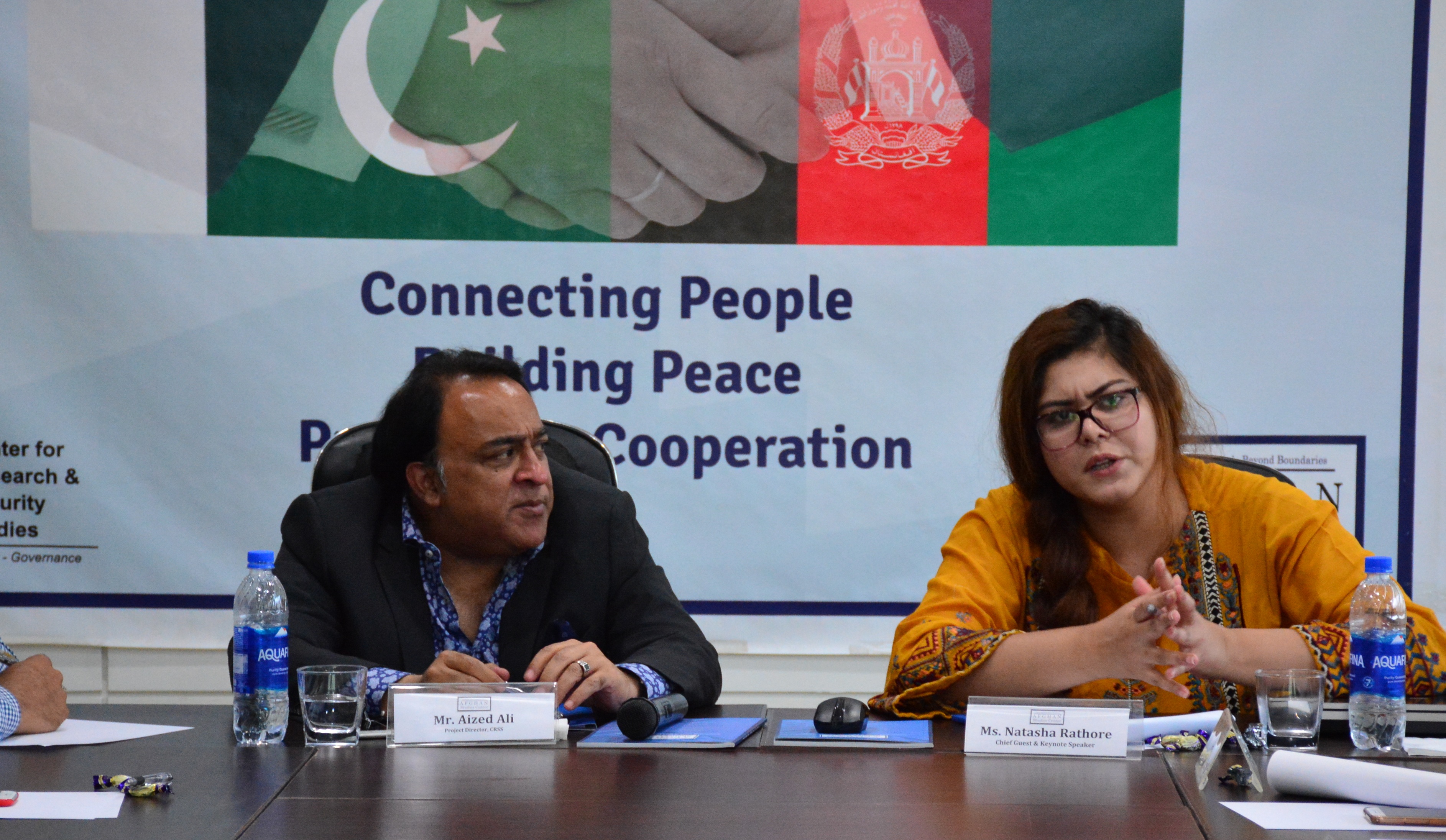
Ms. Rathore stated that both Pakistan and Afghanistan have reserved seats for women to ensure their substantive political representation. However, the specific modalities of gender quotas and women posted through this mechanism become key determinants that continue to negatively affect their political effectiveness. Women elected through quotas are reported to feel obliged to act for women as a group and are inspired to bring new issues to the table. However, majority seeks to disassociate themselves from the quota and women’s issues to demonstrate that they are ‘serious’ politicians, she added. At the same time, many have been accused of acting only as proxies for men and of being excessively loyal to party leaders. Thus, a question arises, are quotas a sufficient mode of intervention to allow for a quantitative and qualitative decrease in the gender disparity or we need to do a lot more?
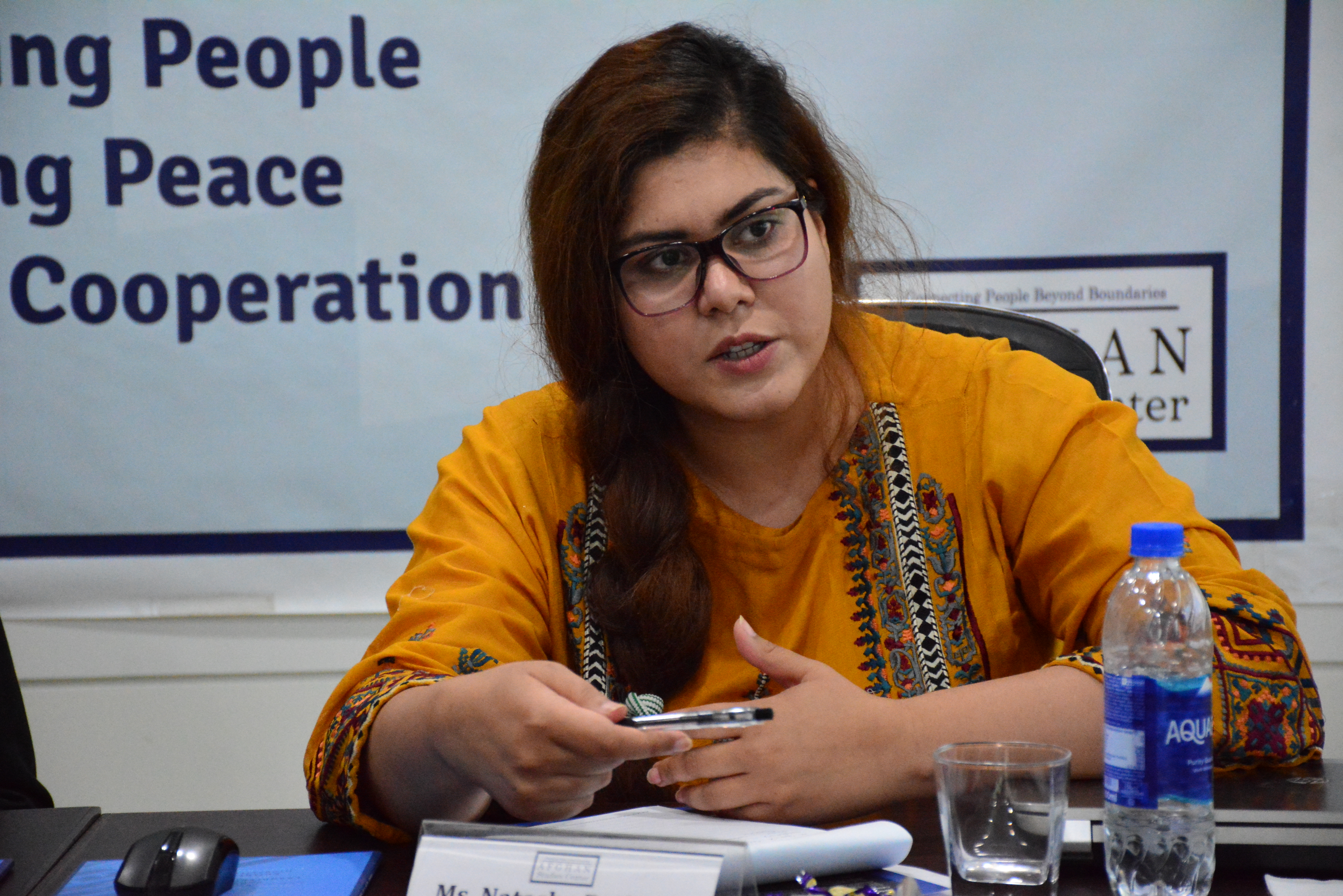
Youth from Pakistan and Afghanistan agreed on the point that combating political patriarchy remains a challenge in both countries. They emphasized less on the electoral process or the overall system and more on the need to change the mindset. The key goes back to economics; only financially strong women can work alongside men in open competition. Hence, education and economic empowerment are the first thing to start with to ensure women empowerment in totality.
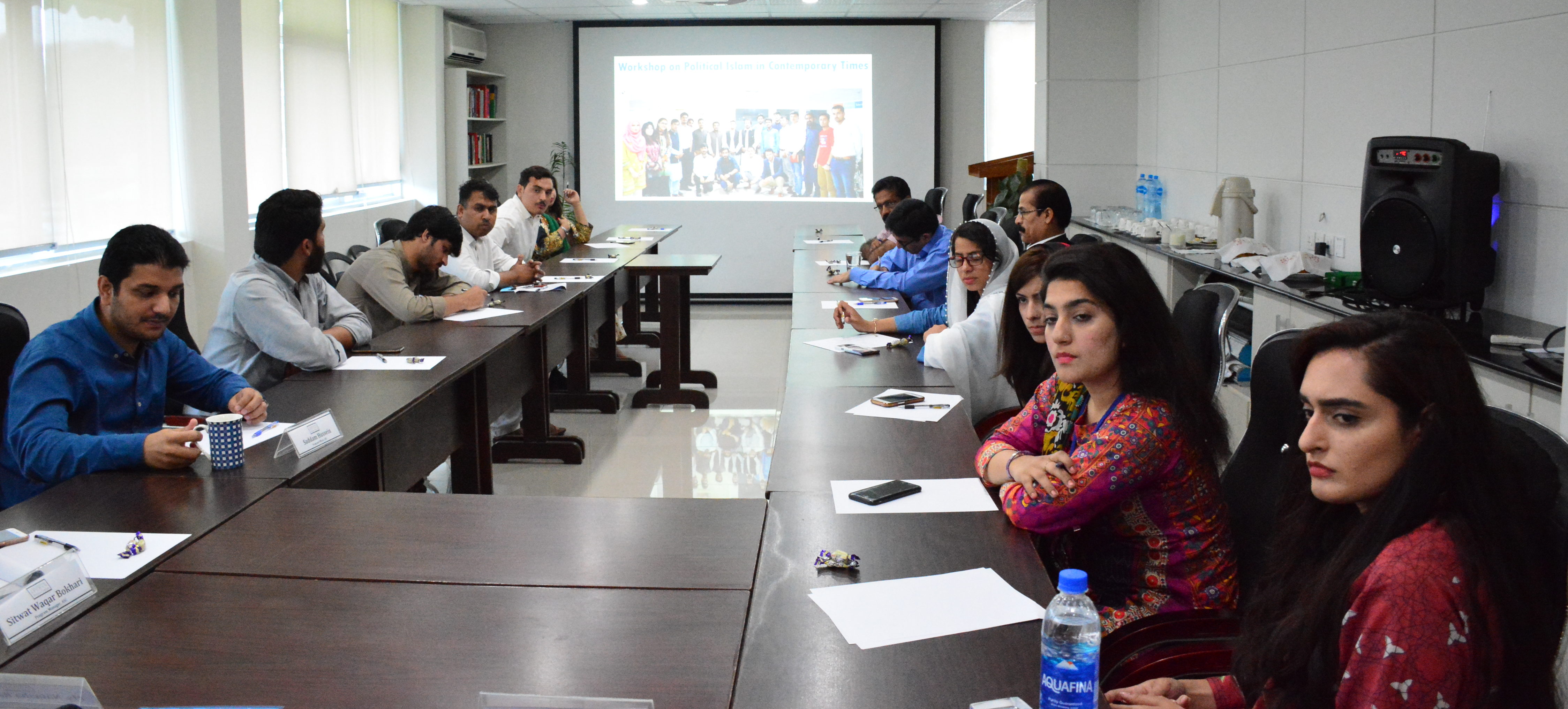
Further, in the Q & A session, participants raised many points that hinders women’s political participation in the two countries. It was concluded that the hindering factors include elite capture, patriarchal society, lack of democratic roots and intra-party democracy, feudalism, dynastic politics, along with increasingly religious orthodoxy and extremism.
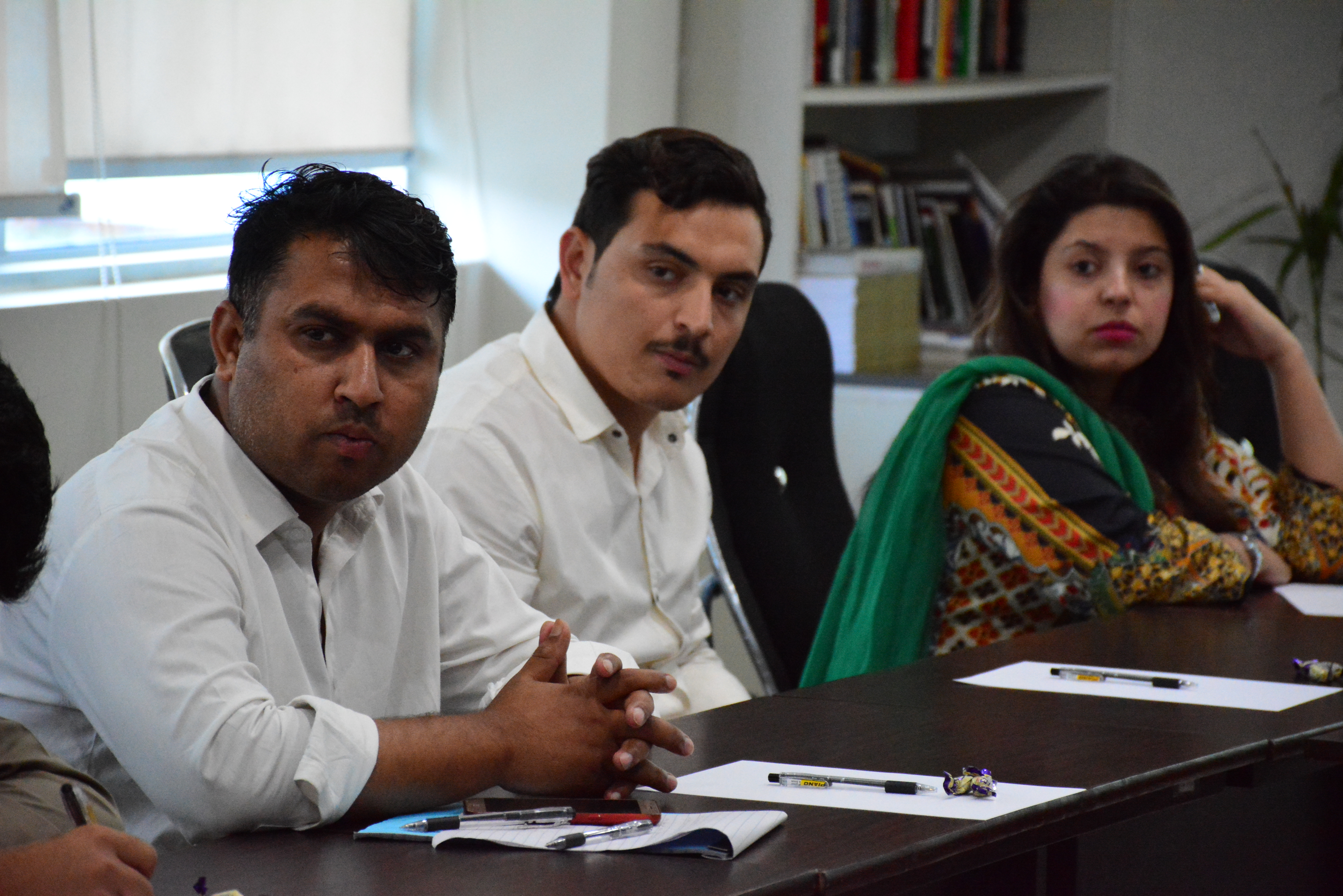
CRSS Project Director Mr. Aized Ali, earlier apprised the participants about the ongoing CRSS Pak-Afghan Track 1.5/II Initiative ‘Beyond Boundaries’ which has so far convened 16 high level meetings between the two Pak-Afghan influencers’ groups, mainly in Kabul and Islamabad, but also in other major cities such as Karachi, Lahore, and Mazar-e-Sharif, to bridge the gulf of mistrust and improve bilateral relations between Pakistan and Afghanistan. He told the participants that the Afghan Studies Center is an off-shoot of the initiative, aimed to provide the youth of both countries a platform to inculcate critical, creative and out of box thinking and to dispassionately interact and exchange ideas as they emerge as future leaders and ambassadors of peace.
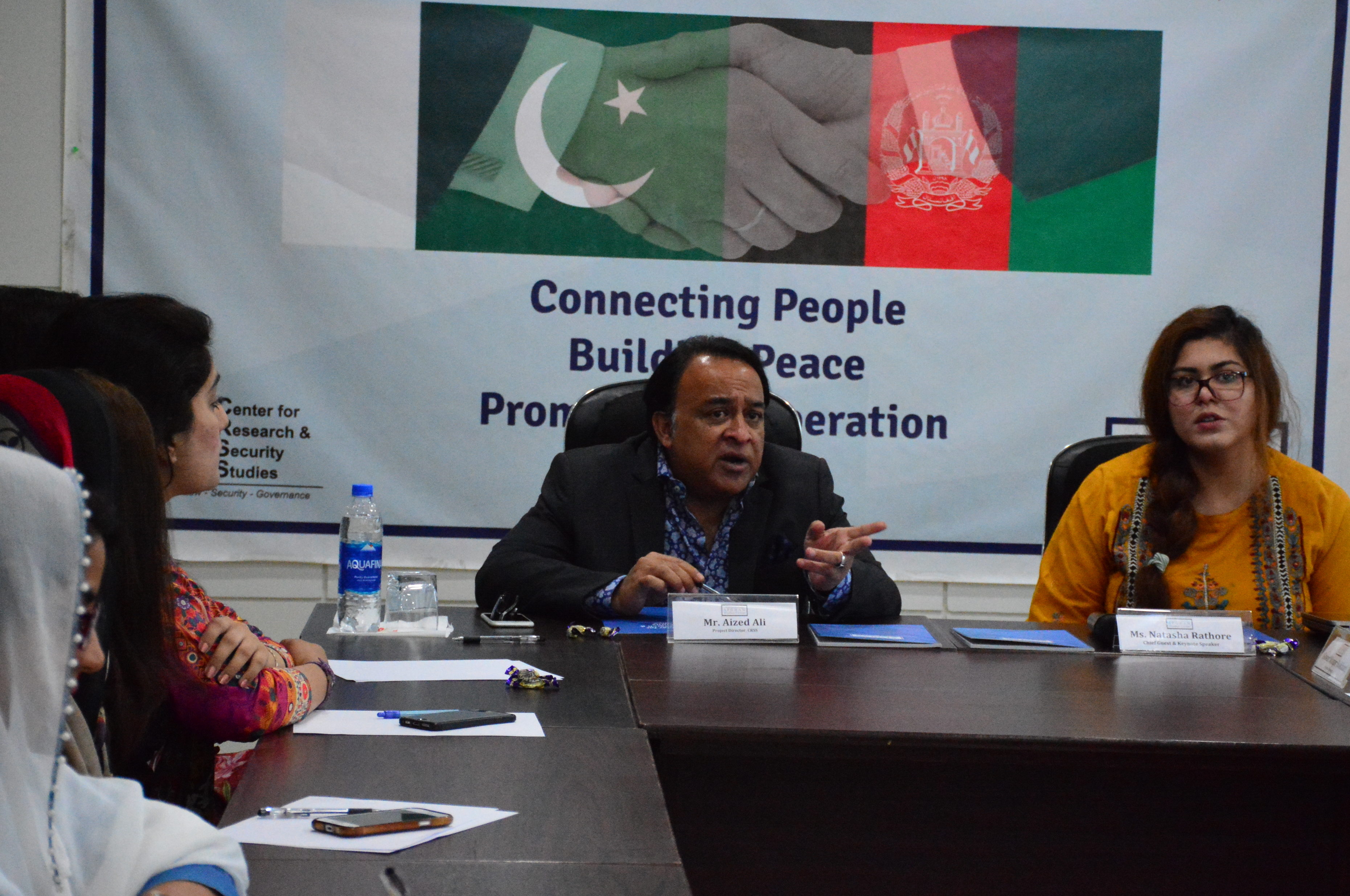
At the end, based on the active participation of the participants, the ASC team nominated Sundas Khan from Pakistan, as the Pak-Afghan Youth Ambassador for the month of April 2019. She was then presented a shield by the Chief Guest. Project Director Mr. Aized Ali also presented an honorary shield of appreciation to the Chief Guest and Keynote Speaker Ms. Natasha Rathore. Thereafter, the 22nd Pak-Afghan youth dialogue came to a close followed by a group picture.
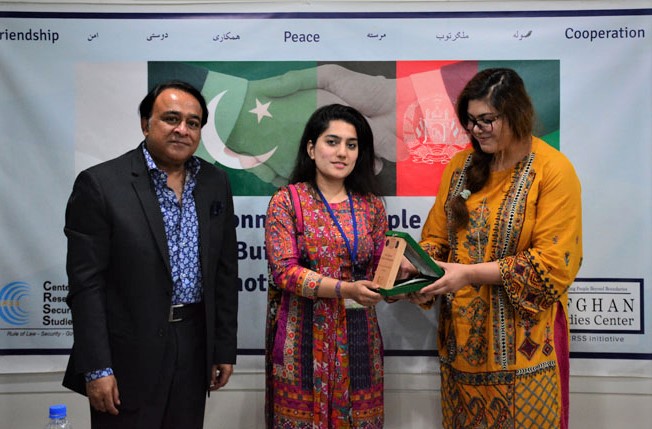
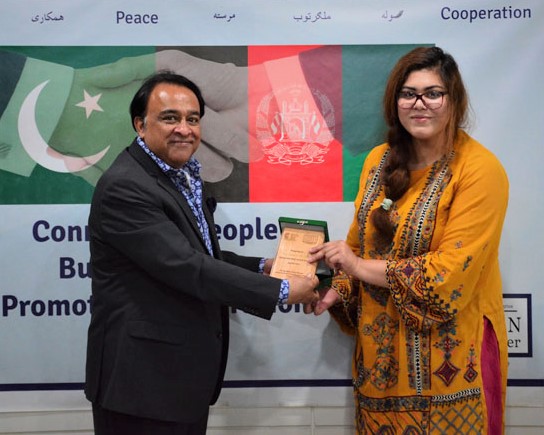
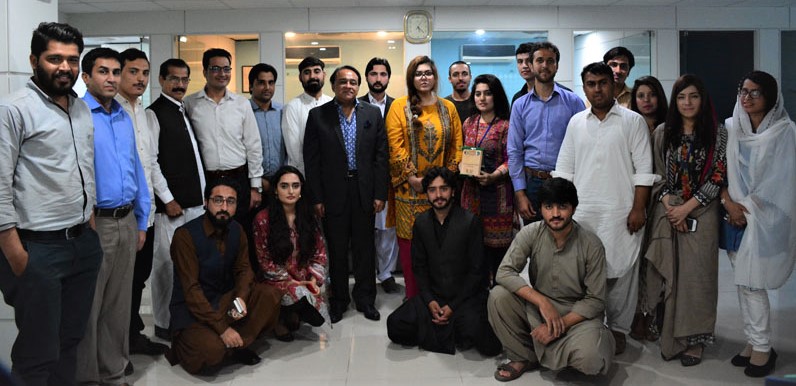
The dialogue was held under the Afghan Studies Center initiative of CRSS which has now an alumni of over 500 Pakistani and Afghan youth. Afghan Studies Center aims at encouraging peace narratives and critical thinking through its monthly Pak-Afghan youth dialogue series, and its quarterly training workshops, which focus on the skill development and capacity building of emerging future leaders from both countries.
© Center for Research and Security Studies (CRSS) and Afghan Studies Center (ASC), Islamabad.



